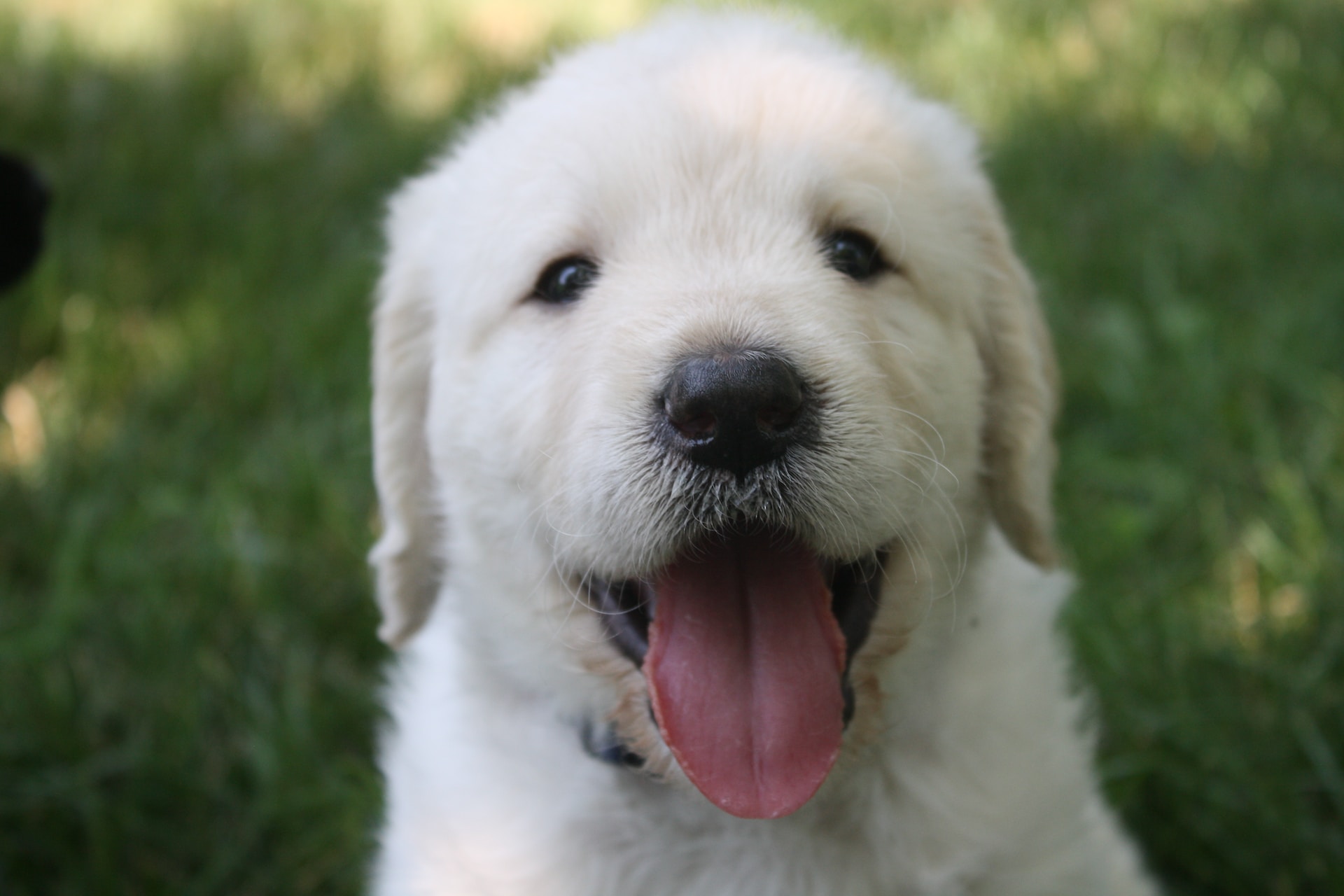When it comes to training a 9-week-old Labrador puppy, patience and consistency are key. At this age, puppies are like sponges, eager to learn and explore the world around them. Establishing good habits early on will set the foundation for a well-behaved and obedient companion in the future.
One of the first steps in training your Labrador puppy is housebreaking. Start by setting up a designated potty area outside and take your puppy there frequently, especially after meals or naps. Reward them with praise or treats when they eliminate in the right spot. Using positive reinforcement techniques will help reinforce desired behaviors.
In addition to housebreaking, basic obedience commands such as sit, stay, and come should be introduced gradually. Keep training sessions short but frequent to keep your puppy engaged and prevent them from becoming overwhelmed. Use treats as rewards and remember to be patient – it may take some time for your Labrador puppy to grasp these commands fully.
How to Train a 9 Week Old Puppy
When it comes to training a 9-week-old Labrador puppy, choosing the right training method is crucial for their development and behavior. In this section, I’ll discuss three effective approaches: positive reinforcement training, crate training techniques, and socialization and exposures.
Positive Reinforcement Training
Positive reinforcement training is a widely recommended method for teaching puppies new behaviors. This approach focuses on rewarding desired behaviors rather than punishing unwanted ones. By using treats, praise, and affection as rewards, you can motivate your Labrador pup to learn and obey commands.
To implement positive reinforcement training effectively, follow these tips:
- Timing is key: Reward your puppy immediately after they perform the desired behavior to reinforce the connection between the action and reward.
- Be consistent: Use clear verbal cues or hand signals along with rewards consistently to help your pup understand what you’re asking of them.
- Keep sessions short: Puppies have shorter attention spans, so aim for frequent but brief training sessions throughout the day.
Remember that positive reinforcement works best when you focus on reinforcing good behaviors rather than solely correcting bad ones. By celebrating small successes along the way, you’ll create a strong bond with your furry friend based on trust and respect.
Socialization and Exposures
Socialization is crucial during the early stages of a puppy’s life. It helps them develop confidence, adaptability, and good manners around people, other animals, and various environments. Exposing your Labrador pup to different situations will help prevent fear-based behaviors in adulthood.
Here are some key points to consider for socializing your 9-week-old puppy:
- Positive interactions: Encourage positive interactions with people by exposing them to friendly adults, children, and even other well-behaved dogs.
- Diverse environments: Introduce your puppy gradually to various places such as parks, streets, pet-friendly stores, or friend’s houses.
- New sounds and stimuli: Expose your pup to different sounds like traffic noises or vacuum cleaners so they become accustomed to everyday disturbances.
Always ensure that these exposures are positive experiences for your furry companion. Provide treats, praise, and reassurance during these encounters.

Setting Up a Safe and Comfortable Space for Your Puppy
Creating a Safe and Secure Environment
When bringing home a new 9-week-old Labrador puppy, it’s essential to create a safe and secure space where they can feel comfortable and explore without any hazards. Here are some tips to ensure the environment is puppy-proofed:
- Remove potential dangers: Scan the area for any objects or substances that could be harmful to your puppy. Keep household cleaners, chemicals, medications, small toys, and electrical cords out of their reach.
- Secure loose items: Puppies love to chew on anything they can get their paws on! Make sure to secure loose items like shoes, clothing, cables, and household decorations that could pose a choking hazard or be destroyed by their sharp teeth.
- Gates and barriers: Use baby gates or playpens to restrict access to certain areas in your home until your puppy learns boundaries. This will prevent them from wandering into off-limits spaces or encountering potentially dangerous situations.
Providing Essential Supplies for Your Puppy
To ensure your Labrador puppy has everything they need for a comfortable stay in their designated space, gather the following supplies beforehand:
- Food and water bowls: Choose sturdy bowls that won’t tip over easily as puppies tend to be quite enthusiastic eaters!
- Appropriate food: Consult with a veterinarian or breeder about the best diet for your Labrador puppy’s age and breed. Feed them high-quality puppy food formulated specifically for large breeds.
- Chew toys: Labradors are known for their love of chewing, so provide plenty of safe chew toys made specifically for puppies. This will help satisfy their natural urge to gnaw while preventing them from destroying your belongings.
Remember, each puppy is unique, and the pace of their progress may vary. Be consistent, patient, and positive throughout the training process. With time and dedication, your 9 week old Labrador will learn basic commands and master potty training skills. Happy training!